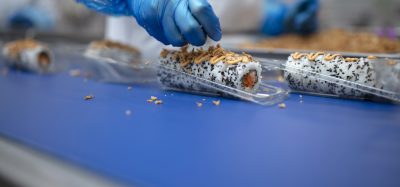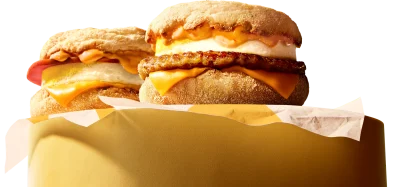The world of food security according to ChatGPT
- Like
- Digg
- Del
- Tumblr
- VKontakte
- Buffer
- Love This
- Odnoklassniki
- Meneame
- Blogger
- Amazon
- Yahoo Mail
- Gmail
- AOL
- Newsvine
- HackerNews
- Evernote
- MySpace
- Mail.ru
- Viadeo
- Line
- Comments
- Yummly
- SMS
- Viber
- Telegram
- Subscribe
- Skype
- Facebook Messenger
- Kakao
- LiveJournal
- Yammer
- Edgar
- Fintel
- Mix
- Instapaper
- Copy Link
Posted: 3 May 2023 | Professor Chris Elliott | No comments yet
Professor Chris Elliott discusses why he thinks AI models will have a “hugely important and positive impact” on the future of the world’s food supply system.


In case you haven’t heard about it or at least wondered what it is; ChatGPT is a language processing tool driven by AI technology which has been designed to assist us all in a wide variety of ways. You may already have views formed on whether this is a positive advancement in technology or a problem (I have and will offer them later). Whatever one’s view, one thing is for certain: AI is already having a massive impact on our everyday lives, and this will increase substantially in the coming years.
In my world of scientific research AI has been playing an important role for quite some time. In fact, for over 10 years we have been using machine learning, which is a form of AI, to help understand very complex data sets and this has really aided our work in the chemical ‘fingerprinting’ of food enormously.
More recently I became extremely interested and engaged in the world of ‘predictive analytics’ where AI is being exploited to predict future food safety and food fraud risks. I firmly believe these this will become a ‘standard tool’ for the food industry and regulators to prioritise audits, testing and supply chain control. If you aren’t already researching this then it’s time to get your skates on!
In terms of ChatGPT I, like many others, have been playing with the online tool to source a range of facts and figures. Recently I was sent an extract from the tool from a business which suggested one of the scientific platforms I employ wasn’t particularly the best choice to answer a specific integrity question. I was intrigued by this and tried to repeat the exercise by asking ChatGPT the same question but in a number of different ways.
Not surprisingly, I got a variety of answers back and they differed quite a bit in terms of how they rated the technique I use. I think the main reason for this is the tool was trained on large database of text from the internet up until September 2021 and a lot of our scientific innovations have been published since this. So there is a bit of a warning signal here in terms of trying to source right up to date facts and figures.
I decided to use ChatGPT to answer some questions on global food security and cross reference these against what I already know from a variety of other sources but also to find some statistics for things I didn’t know. I thought I’d share some of these with New Food readers as they really help put into context the size and complexity of our world’s food supply system.
With a global population of over eight billion, it’s perhaps not surprising to learn that according to the World Bank the global agriculture and food industry was worth around $9 trillion in 2019. This represents about 10 percent of the world’s GDP. This food is grown in over 570 million farms and based on data from the International Labour Organization, around 940 million people work in the global food supply system. This represents about one third of the global workforce. I have to say this statistic surprised me more than any other I found!
$2 million grant given to research food waste prevention methods
I then decided to try and use ChatGPT to determine the scale of food fraud in the world. Based on my discussions with stakeholders within the industry, this figure has been put anywhere between $10 and $50 billion, but some have put it as high as between five and 10 percent of all food sold. Taking the lower figure from this range, I could then produce an estimate of food fraud actually costing a staggering $450 billion each year, close to ten times more than the largest estimate previously produced. According to the United Nations Office on Drugs and Crime (UNODC) the global drug market was estimated to be worth $360 billion in 2020. So it is possible that food fraud can make criminals more money than the entire global narcotics trade? It’s certainly food for thought.
I firmly believe that AI will have a hugely important and positive impact on the future of the world’s food supply system. The ability to collect, analyse and exploit massive data sets will be one of the ways that we will be able to counter the many challenges we face in feeding our growing global population. It is a major part of the digital industrial revolution we are part of now and of course there will be risks ahead but in my opinion these are greatly outnumbered by the huge potential benefits.
Related topics
Food Fraud, Food Safety, Quality analysis & quality control (QA/QC), Research & development, Trade & Economy, World Food
Related organisations
ChapGPT, International Labour Organization (ILO), World Bank









